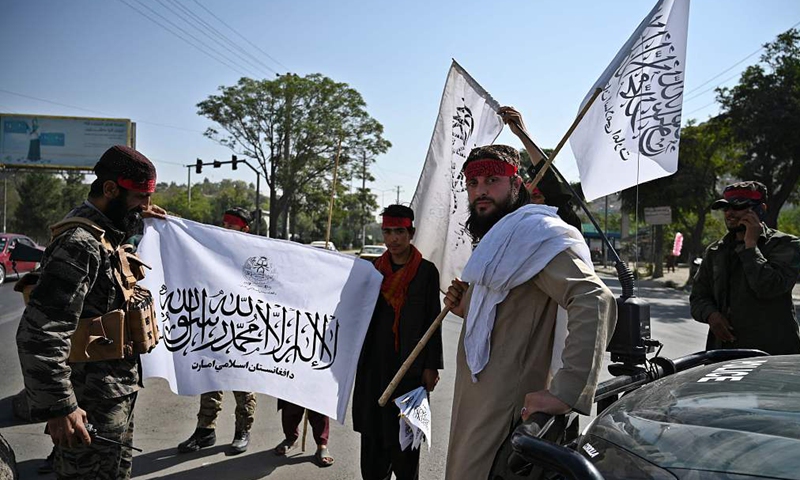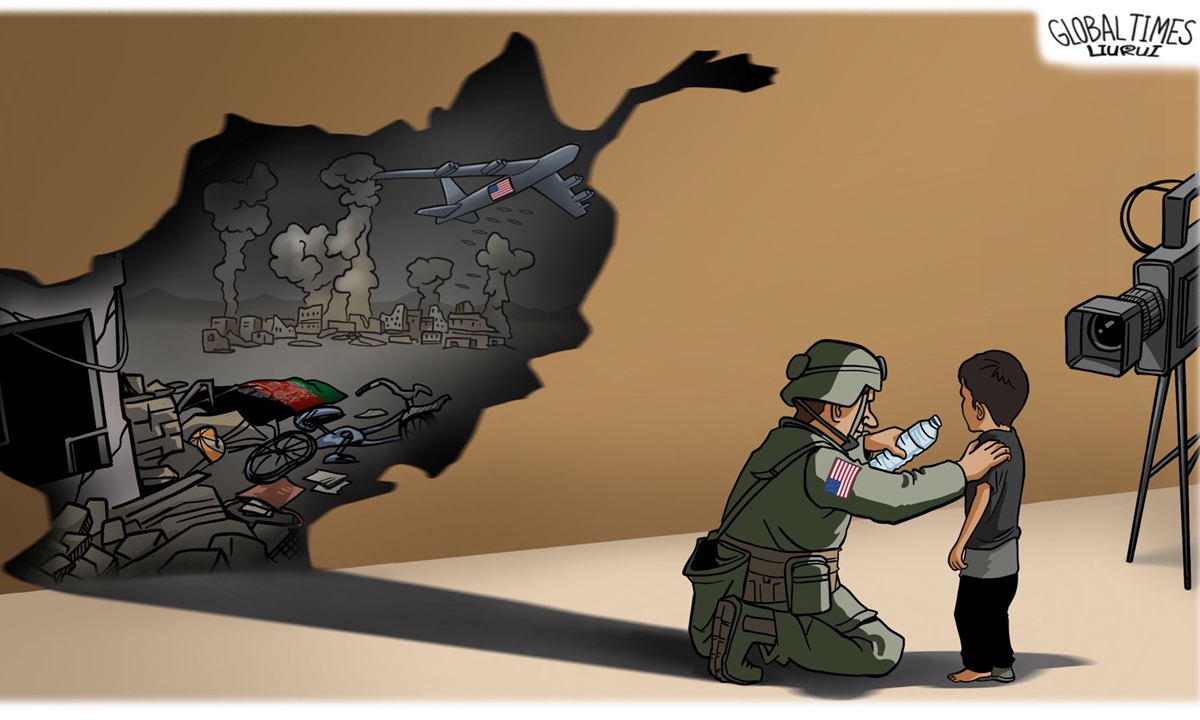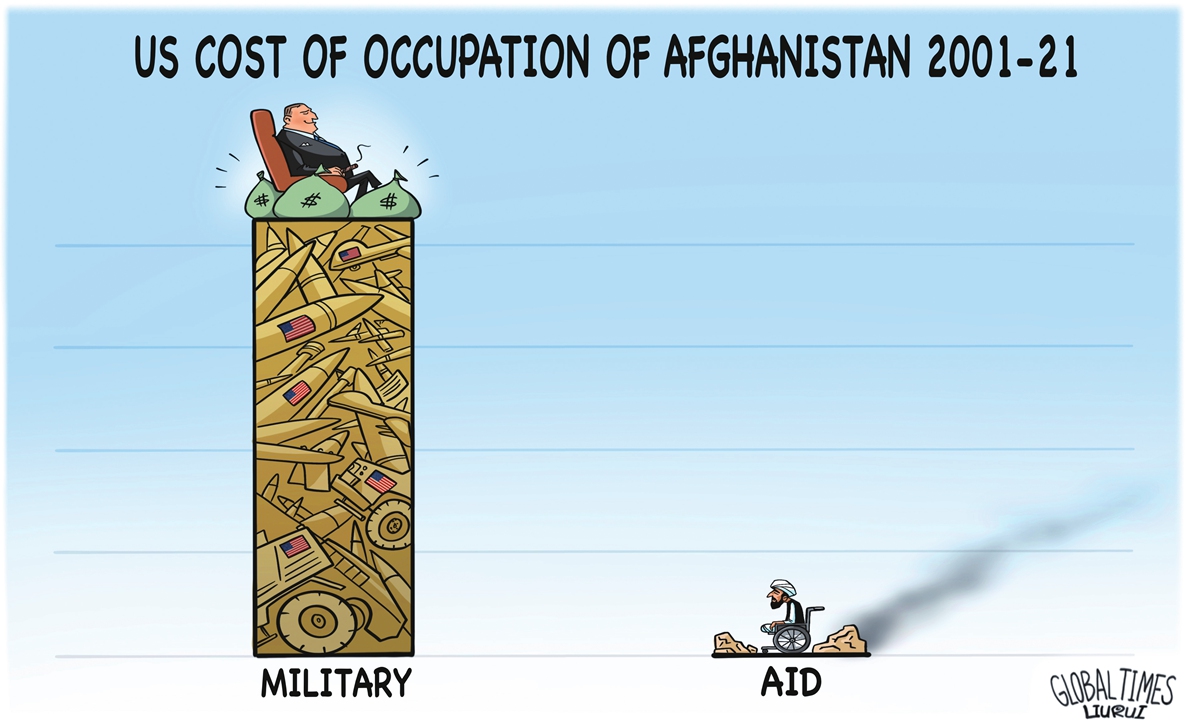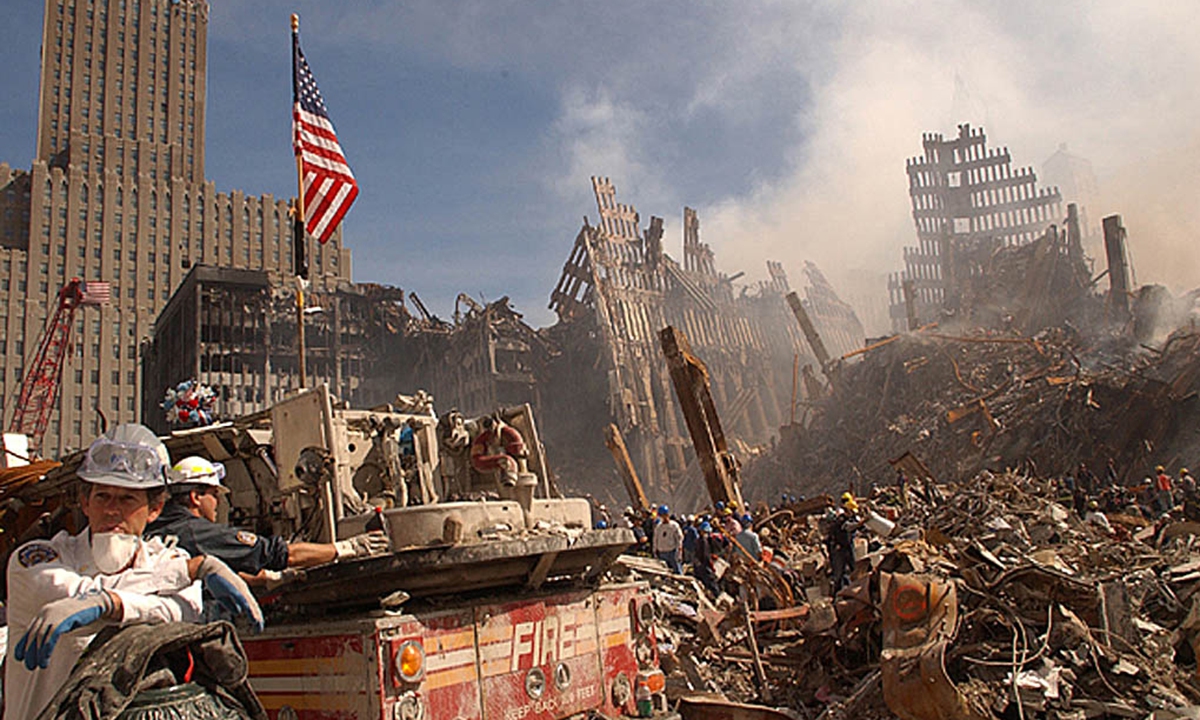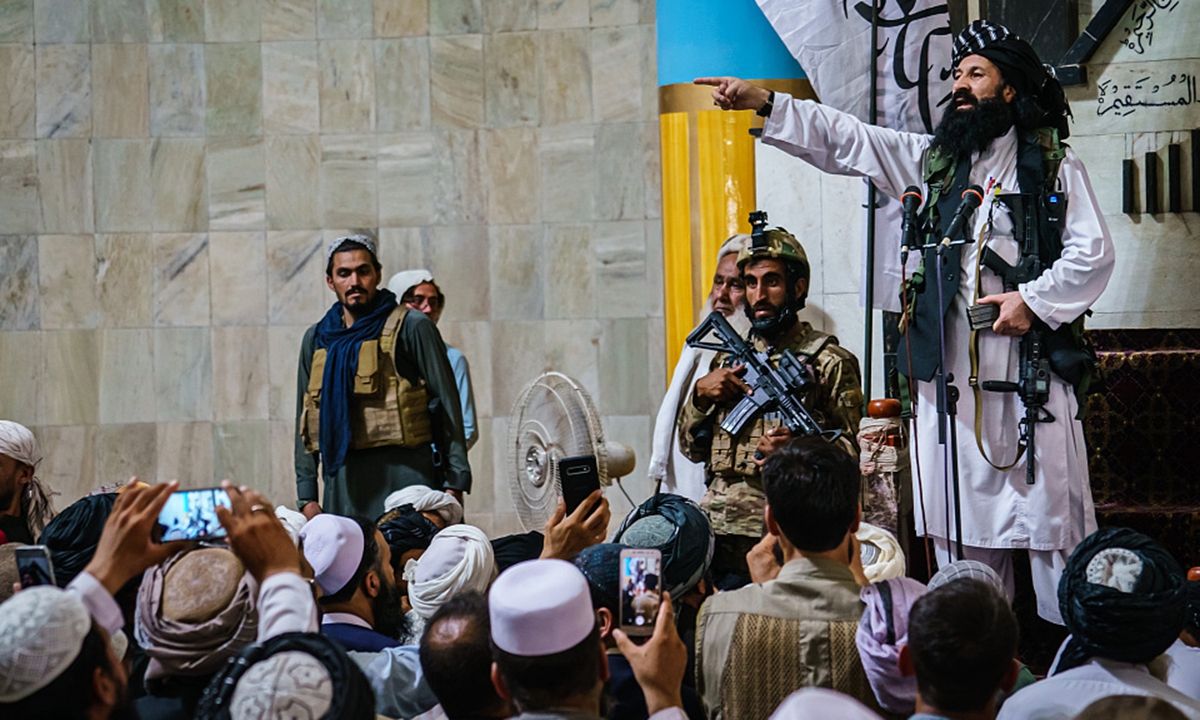Singapore on Wednesday reported 347 new Covid-19 cases, the highest since August 2020, as the first vaccinated German tourists arrivedSingapore’s health ministry reported 347 new local Covid-19 cases, higher than the 328 cases reported the previous day.
Wednesday’s number was the highest since early August 2020.
This came as the first planeload of Germans allowed into Singapore as part of a tentative reopening for coronavirus-vaccinated tourists arrived at Changi Airport on Wednesday afternoon.
Singapore last month said it would accept double-jabbed visitors from Brunei and Germany, starting in September. While the travellers must test negative for the virus, they do not have to quarantine.
Among the passengers on Wednesday’s maiden flight were Germany-based journalists invited by Singapore Airlines (SIA) and the Singapore Tourism Board.
The flight took longer than usual due to it having to avoid Afghan airspace, according to German reporter Andreas Spaeth, who was on board.
After closing its border during the first pandemic wave last year, Singapore began readmitting tourists, with strict quarantine rules, from a handful of countries, including New Zealand, Vietnam and regions in Australia and China, after it ended its sole pandemic lockdown in June 2020. The list has been amended several times in response to fluctuating coronavirus case numbers in countries of origin.
So-called “reciprocal green lanes” for business or official travel between Singapore and several countries were also set up last year, but most have since been suspended, including one for Germany. Singaporeans were again permitted to enter Germany in October last year, after Berlin eased pandemic border curbs.
Latest Updates:
Daily infections likely to exceed 1,000 | The Star
S'pore hospitals to defer non-urgent ... - The Straits Times
Hospitals prepping more ICU beds | The Star
https://www.thestar.com.my/aseanplus/aseanplus-news/2021/09/12/hospitals-prepping-more-icu-beds
South Korea aims to live normally with virus
People sit at the Cheonggye Stream in Seoul. About 42.6 per cent of South Koreans are fully vaccinated. Photo: AP
Elsewhere, South Korea plans to open up once it reaches its 80 per cent vaccination milestone, and Japan is expected to ease curbs in November
Meanwhile, South Korea is drawing up a plan on how to live more normally with Covid-19, expecting 80 per cent of adults to be fully vaccinated by late October, health authorities said on Wednesday.
The country is in the middle of its worst wave of infections, but it has kept the number of severely ill cases under control through steadily rising vaccination rates.
“We’ll review measures that will allow us to live more normally, but any such switch will be implemented only when we achieve high vaccination rates and overall (Covid-19) situations stabilise,” Son Young-rae, a senior health ministry official, told a briefing.
The strategy will be implemented in phases to gradually ease restrictions, authorities said. Masks will still be required at least in the initial stage.
The government expects to implement the plan sometime after late October, when 80 per cent of the adult population is likely to have been vaccinated. As of Tuesday, South Korea had given at least one vaccine dose to 70.9 per cent of its adult population, while 42.6 per cent are fully vaccinated.
South Korea extended national social distancing curbs to October 3 this week as the country boosts its vaccination campaign ahead of a thanksgiving holiday that falls later this month. Restrictions in place include limited operating hours for cafes and restaurants and on the number of people allowed at social gatherings.
It reported 2,050 new Covid-19 cases for Tuesday, with 2,014 of those locally acquired. The country has registered 265,423 infections since the pandemic started, with 2,334 deaths.
The country has not seen a significant increase in coronavirus deaths, with a mortality rate of 0.88 per cent, largely due to high vaccination rates among the elderly and vulnerable. Severe or critical cases stood at 387 as of Tuesday.
Worldwide total, from the most infected countries: #1 USA,
#2 INDIA, #3 BRAZIL, #4 UK, #5 RUSSIA
Related posts:



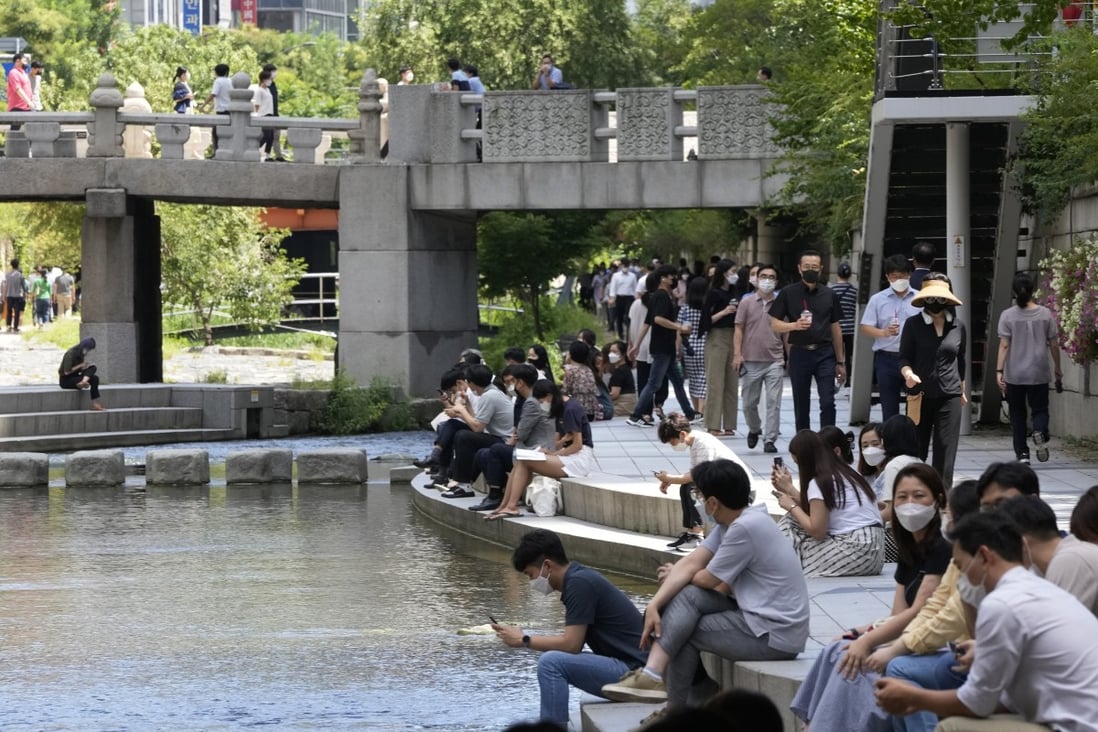









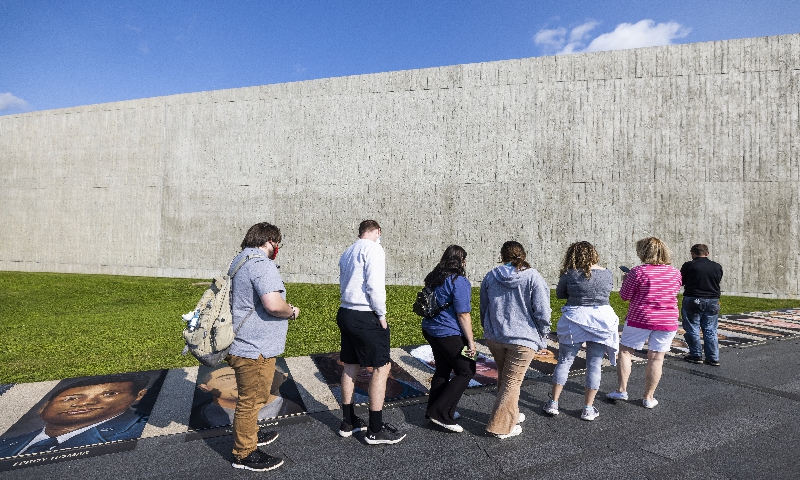 Photo:IC
Photo:IC
